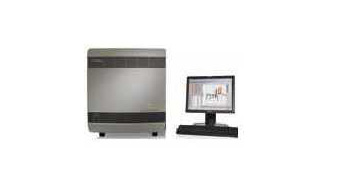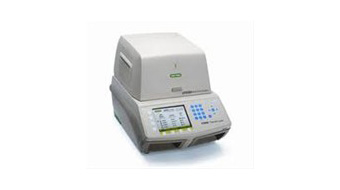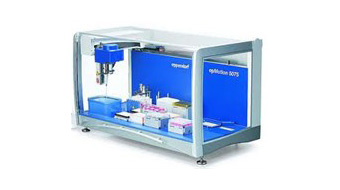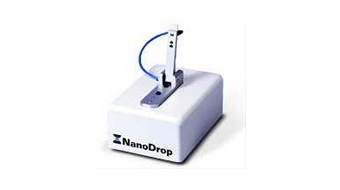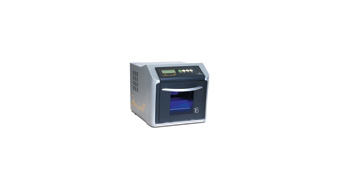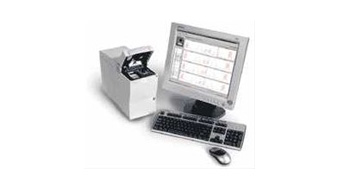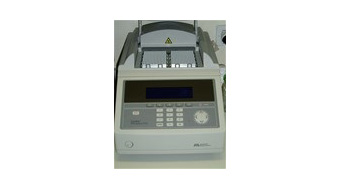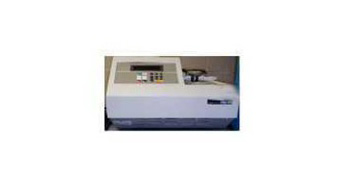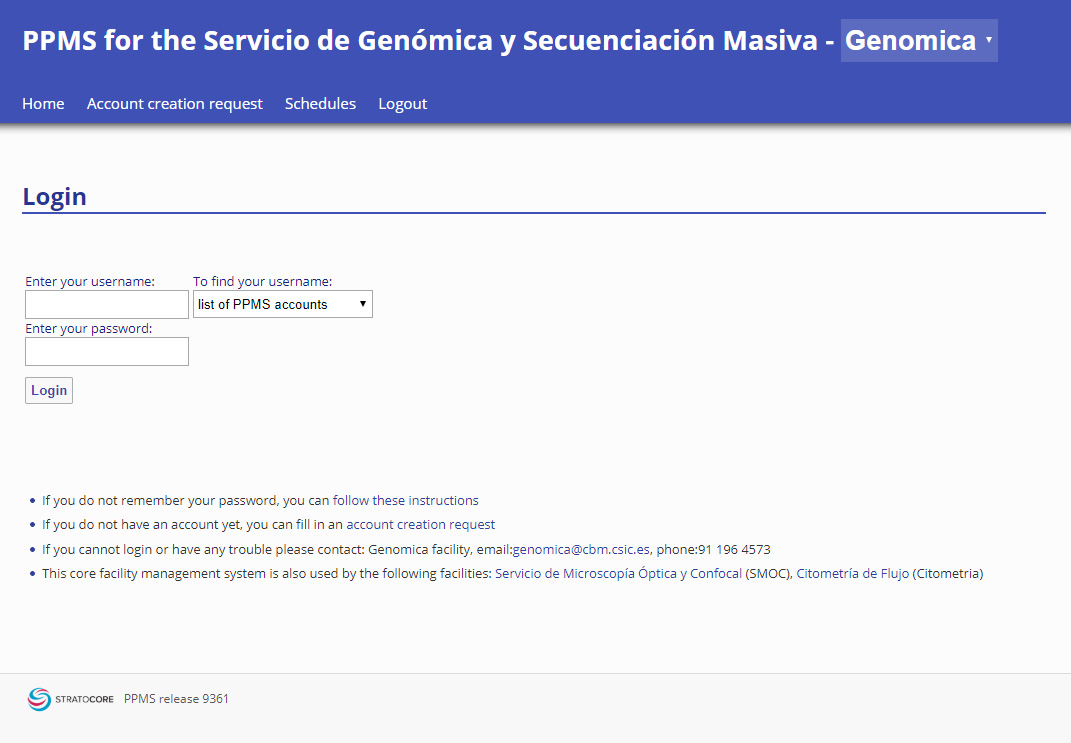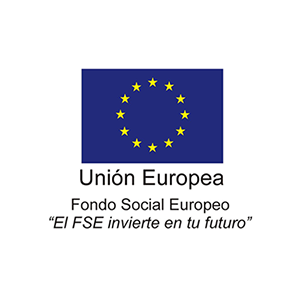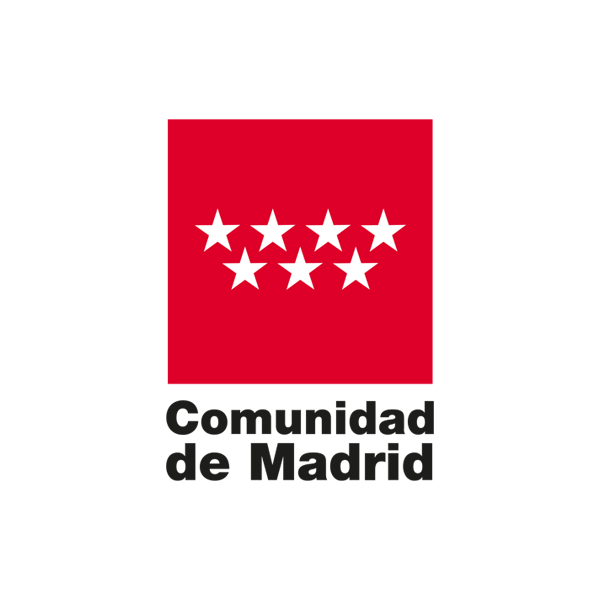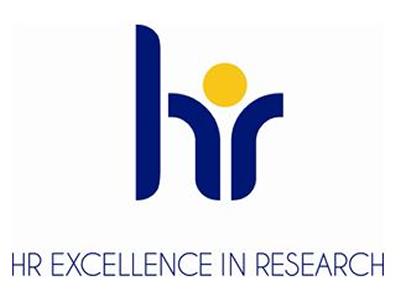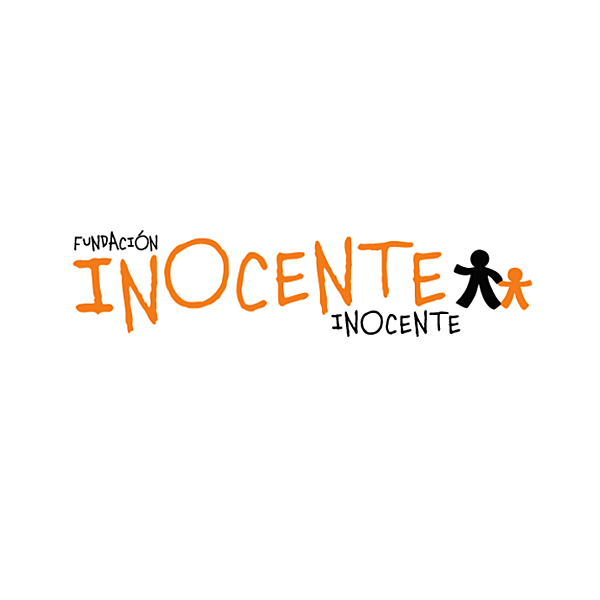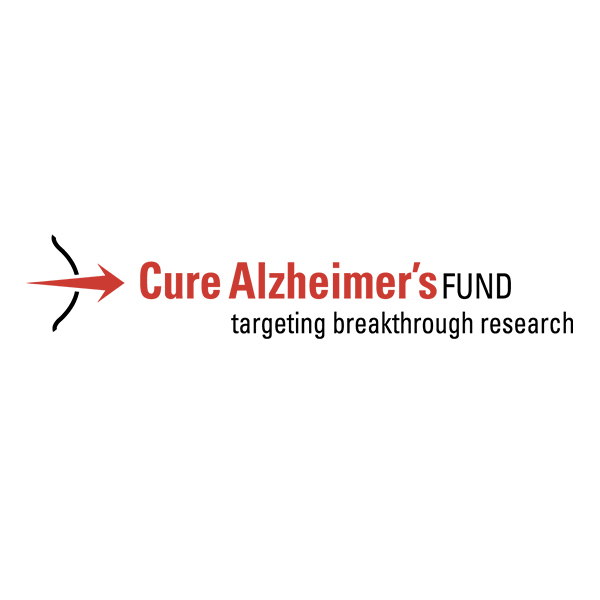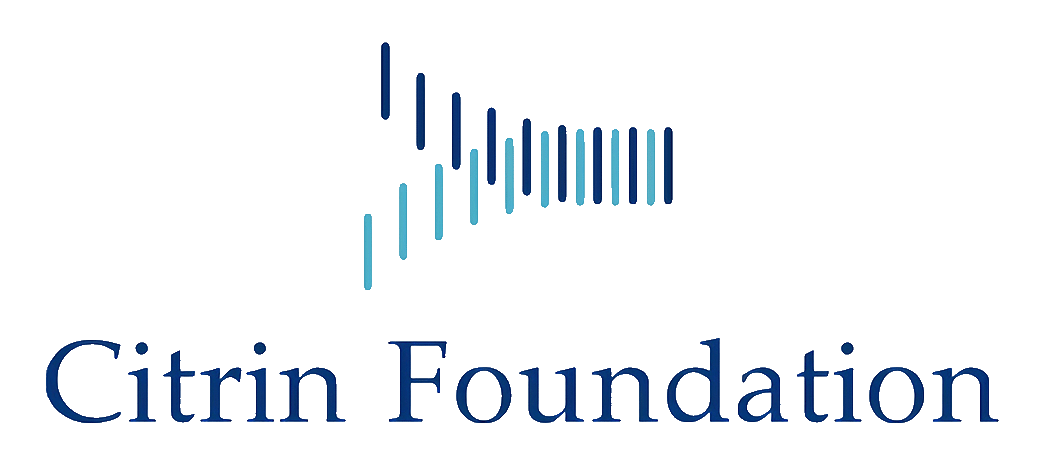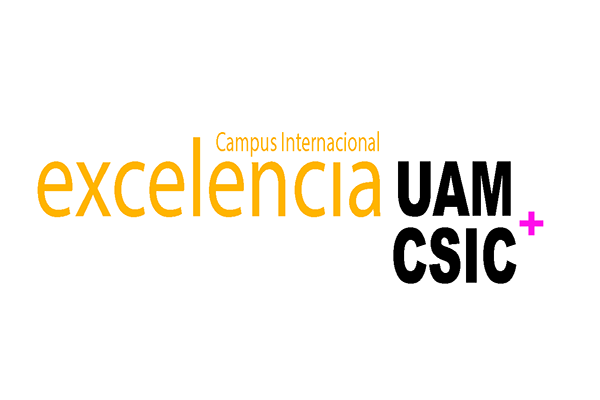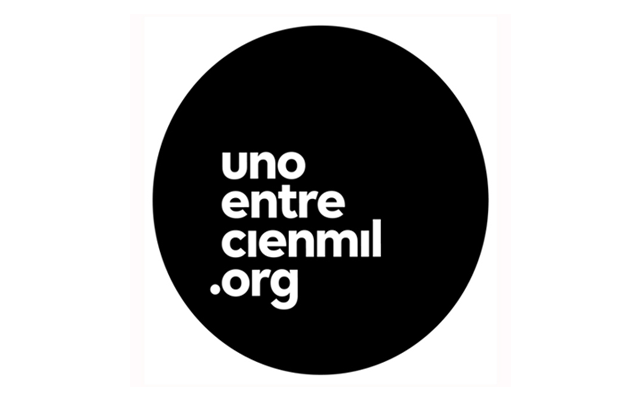Genomics & Massive Sequencing
El Servicio de Genómica y Secuenciación Masiva del CBMSO es responsable de la implementación y desarrollo de tecnologías de biología molecular y genómica. La filosofía del servicio radica fundamentalmente en adaptarse lo más posible a las necesidades del usuario. Por ello, el modelo de funcionamiento es muy abierto y se basa en dos aspectos principales: la atención individualizada (tanto en diseño como en realización y análisis de experimentos) y la posibilidad de uso libre (mediante reserva electrónica) de la mayoría de los equipos adscritos al servicio. Esto permite al usuario decidir su nivel de implicación en cada caso según sus necesidades y circunstancias.
En la actualidad proporciona equipamiento y/o soporte a los grupos de investigación para el uso de las siguientes tecnologías:
- Espectrofotometría
- Extracción automatizada de ácidos nucleicos
- Determinación de integridad de RNA
- PCR y RT-PCR convencional
- PCR y RT-PCR en tiempo real
- Secuenciación masiva (NGS)
- Software de búsqueda e integración de datos experimentales
El Servicio de Genómica y Secuenciación Masiva también organiza y participa en determinados eventos en su ámbito de interés, como el Curso de ENSEMBL (2010), las Jornadas de Secuenciación Masiva (2010-2014) o la Jornada de Introducción a la Investigación del CBMSO (2013). Además, desde finales de 2014 coordina la participación de varios investigadores en el MinION Access Program de Oxford Nanopore.
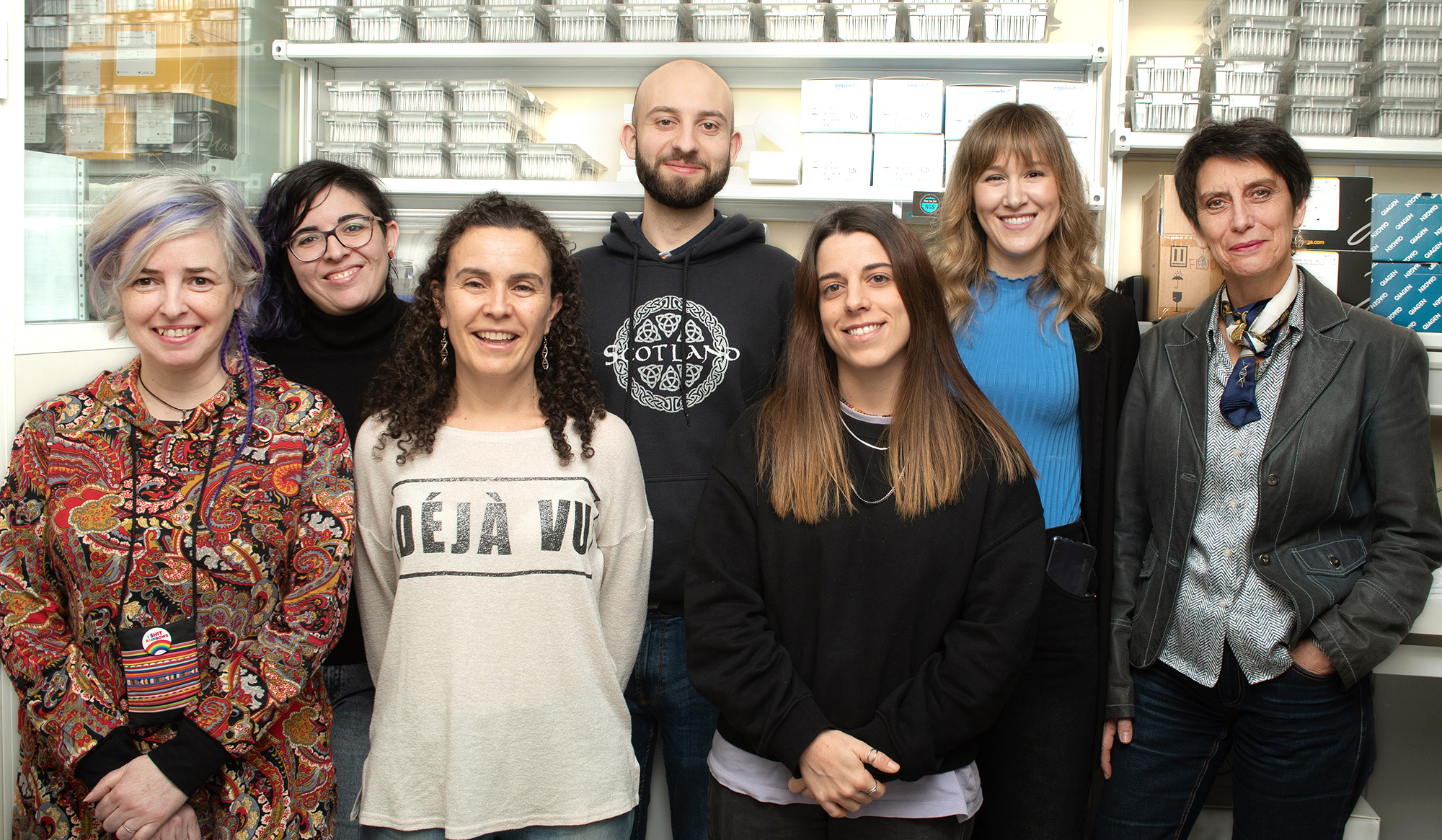
| Last name | Name | Laboratory | Ext.* | |
|---|---|---|---|---|
| Aguado Orea | Begoña | 312 | 4573 | baguado(at)cbm.csic.es |
| Atencia Cibreiro | María Gabriela | 312 | 4599 | g.atencia(at)cbm.csic.es |
| González de la Fuente | Sandra | 313.2 | 4704 | sandra.g(at)cbm.csic.es |
| Lorca Alonso | Iván | 313.2 | 4704 | ivan.lorca(at)cbm.csic.es |
| Martínez García | Paula | 313.2 | 4704 | paula.martinez(at)cbm.csic.es |
| Santos Galindo | María | 313.2 | 4704 | msantos(at)cbm.csic.es |
| Tabera Moreno | Laura | 312 | 4599 | ltabera(at)cbm.csic.es |
El Servicio de Genómica y Secuenciación Masiva ofrece asesoría en el diseño experimental de proyectos de NGS así como en la selección de la mejor solución tecnológica en función de las necesidades del usuario. Asimismo, media entre el usuario y las plataformas de NGS en la entrega de muestras y datos y en del seguimiento de este tipo de proyectos. Además proporciona soporte técnico y análisis computacional de datos experimentales procedentes de experimentos de NGS, microarrays y otras tecnologías, así como de bases de datos. Desde finales de 2014 coordina la participación de varios investigadores en el MinION Access Program de Oxford Nanopore. Por último, el servicio organiza seminarios y cursos de formación para usuarios.
En los siguientes enlaces puedes encontrar información sobre las diferentes tecnologías de secuenciación masiva con las que trabajamos:
Para información más detallada escribir a genomicangs@cbm.csic.es
- Revisión sobre RT-qPCR
- Diseño experimental en RT-qPCR
- Información mínima sobre un experimento de qPCR
- Otras aplicaciones con qPCR (miRNAs, Copy Number Variation, High Resolution Melting, ...etc.)
- Revisión sobre tecnlogías de secuenciación masiva y sus aplicaciones
- Guía ENCODE para experimentos de RNA-seq
- Guía ENCODE para experimentos de ChIP-seq, DNAse-seq, FAIRE-seq y Methyl-seq
- Guía ENCODE para experimentos de RIP-seq
Organización y/o participación:
- Curso "Access to genes and genomes with ENSEMBL" (Wellcome Trust Sanger Institute/EMBL-EBI, Madrid, 2009)
- I Jornada de Secuenciación Masiva (CBMSO, Madrid, 2010)
- II Jornada de Secuenciación Masiva (CBMSO, Madrid, 2011)
- Curso "Introduction to Galaxy, an interactive NGS analisys platform" (Madrid, 2012)
- Curso "European Nucleotide Archive (ENA): Sequence data storage and management with Genome Collections and TSA" (EMBL-EBI, Madrid, 2012)
- III Jornada de Secuenciación Masiva (CBMSO, Madrid, 2012)
- I Jornada de introducción a la investigación (CBMSO, Madrid, 2013
- IV Jornada de Secuenciación Masiva (CBMSO, Madrid, 2014)
- Seminario para participantes en el MinION Access Program (MAP) (CBMSO, Madrid, 2015)
Asistencia:
- Quantification of Gene Expression by real-time RT-qPCR (EMBL, Heidelberg, 2006)
- TATAA Biocenter qPCR Workshop: 2-day qPCR Biostatistics Module (Freising-Wehienstephan, 2007)
- NGS 2009 - Conference on Next-Generation Sequencing: Challenges and Opportunities (Barcelona, 2009)
- Advanced methods for RNA quantification (BBSRC, Londres, 2009)
- Access to genes and genomes with ENSEMBL (Wellcome Trust Sanger Institute/EMBL-EBI, 2009)
- I reunion de usuarios 454 sequencing (Roche, Barcelona, 2010)
- qPCR, Next-Generation Sequencing & Analytical Genomics (Londres, 2010)
- Advanced course: Next Generation Sequencing (Wellcome Trust Sanger Institute, Hinxton-Cambridge, 2010)
- Introducción a Linux (Madrid, 2011)
- qPCR Europe (Munich, 2011)
- Illumina Southern Europe User Group Meeting (Niza, 2011)
- 3rd Annual Next Generation Sequencing Congress (Londres, 2011)
- qPCR Europe (Frankfurt, 2012)
- 4th Annual Next Generation Sequencing Congress (Londres, 2012)
- Curso European Nucleotide Archive (ENA): Sequence data storage and management with Genome Collections and TSA (Madrid, 2012)
- 5th Next Generation Sequencing Congress & 1st Single Cell Analysis Congress (Londres, 2013)
- 6th Next Generation Sequencing Congress & 2nd Single Cell Analysis Congress (Londres, 2014)
- R-RAS2 overexpression in tumors of the human central nervous system
[Additional File 1] [Additional File 2] [Additional File 3]
Sylvia Gutierrez-Erlandsson, Pedro Herrero-Vidal, Marcos Fernandez-Alfara, Susana Hernandez-Garcia, Sandra Gonzalo-Flores , Alberto Mudarra-Rubio, Manuel Fresno, Beatriz Cubelos. Molecular Cancer 2013,12:127 doi:10.1186/1476-4598-12-127 - The need for transparency and good practices in the qPCR literature
[Supplementary Data]
Stephen A Bustin, et al. Nature Methods 10,1063–1067 (2013) doi:10.1038/nmeth.2697 Published online 30 October 2013 - The transcriptome of Leishmania major in the axenic promastigote stage: transcript annotation and relative expression levels by RNA-seq
[Additional file]
Rastrojo A, Carrasco-Ramiro F, Martín D, Crespillo A, Reguera RM, Aguado B, Requena JM. BMC Genomics. 2013 Apr 4

